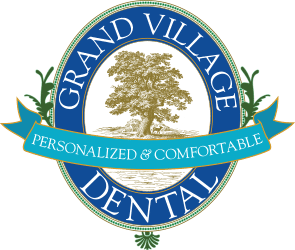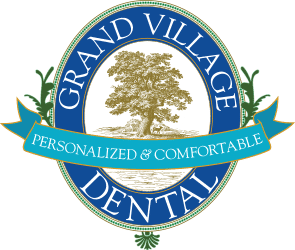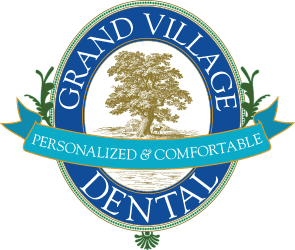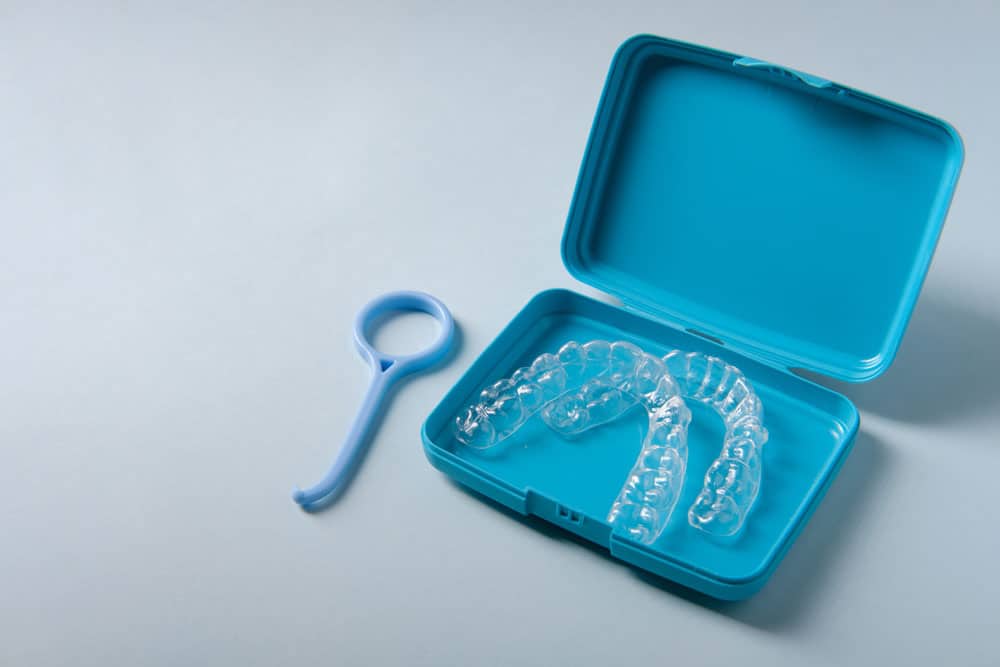
Nightguards
Bruxism is linked to stress, anxiety, abnormal bites and missing teeth, but the exact causes of it are not well understood. There is emerging evidence that it may also be linked to sleep disorders such as sleep apnea, but until there is more conclusive evidence, our best option is to prevent as much of the damage and side-effects of bruxism as we can.
Nightguards are made from a soft plastic or rubber and fit over your upper teeth (or bottom teeth in some cases) to prevent your teeth from touching. The rubber material prevents tooth wear and also helps absorb and disperse the biting forces, thereby preventing jaw pain and headaches that might originate from clenching tension.
What Is A Nightguard and Why Might I Need One?
Symptoms of teeth grinding and clenching include:
- Worn or cracked/broken teeth
- Jaw pain, neck pain, or even back muscle pain or tenderness
- Facial pain, earaches, headaches
- Higher sensitivity to hot, cold or sweet in teeth
- Sleeping difficulty
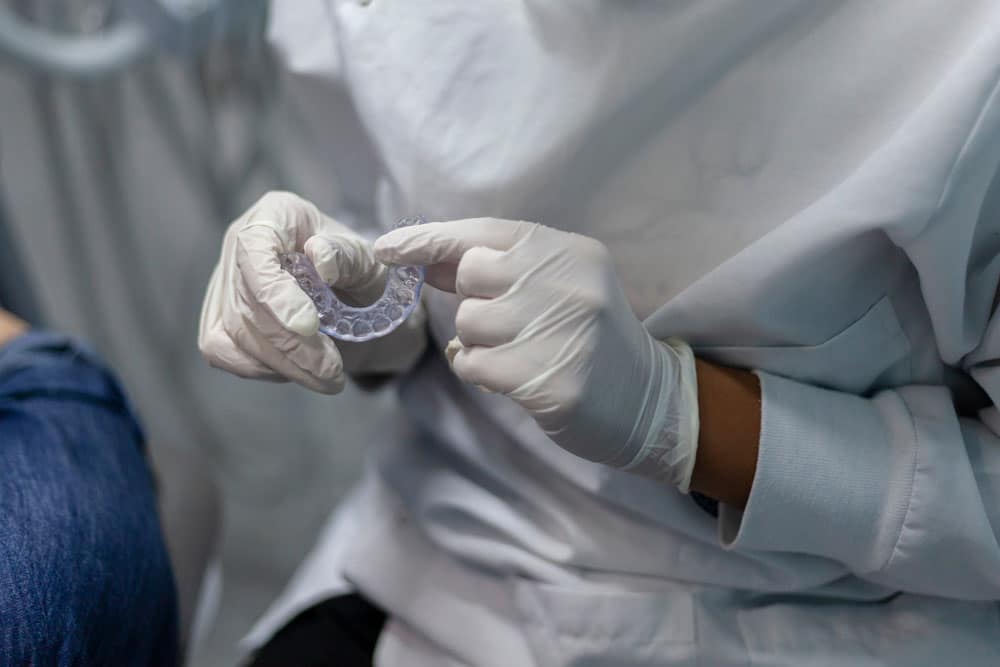
Over-The-Counter Nightguards vs. Custom Nightguards
Custom nightguards are created from an exact model of your mouth that we make by taking a mould of your teeth. Once your nightguard has been fabricated, you’ll try it on for fit at our office and if anything doesn’t feel right we can have it adjusted until it’s comfortable.
Bruxism Prevention
We should note that some people unconsciously clench their teeth while they’re awake without being aware of it. Once the dentist has called attention to this habit, you may be able to break it, at least during your waking hours, because wearing a nightguard during the day is not feasible for most patients.
Find a way to remind yourself to consciously relax your face and jaw muscles. When the jaw is relaxed your lips should be closed but your teeth apart (the biting surfaces of your back teeth should not be touching). We suggest setting reminders around your home or workplace, or on your mobile phone, to remind you to check whether you’re clenching.
If you suspect that you may be clenching in your sleep, let us know and we can check you for signs and symptoms. Even if you don’t have discomfort or pain, the dentist or hygienist may be able to tell that you clench based on the condition of your mouth. An ounce of prevention is worth a pound of cure!
